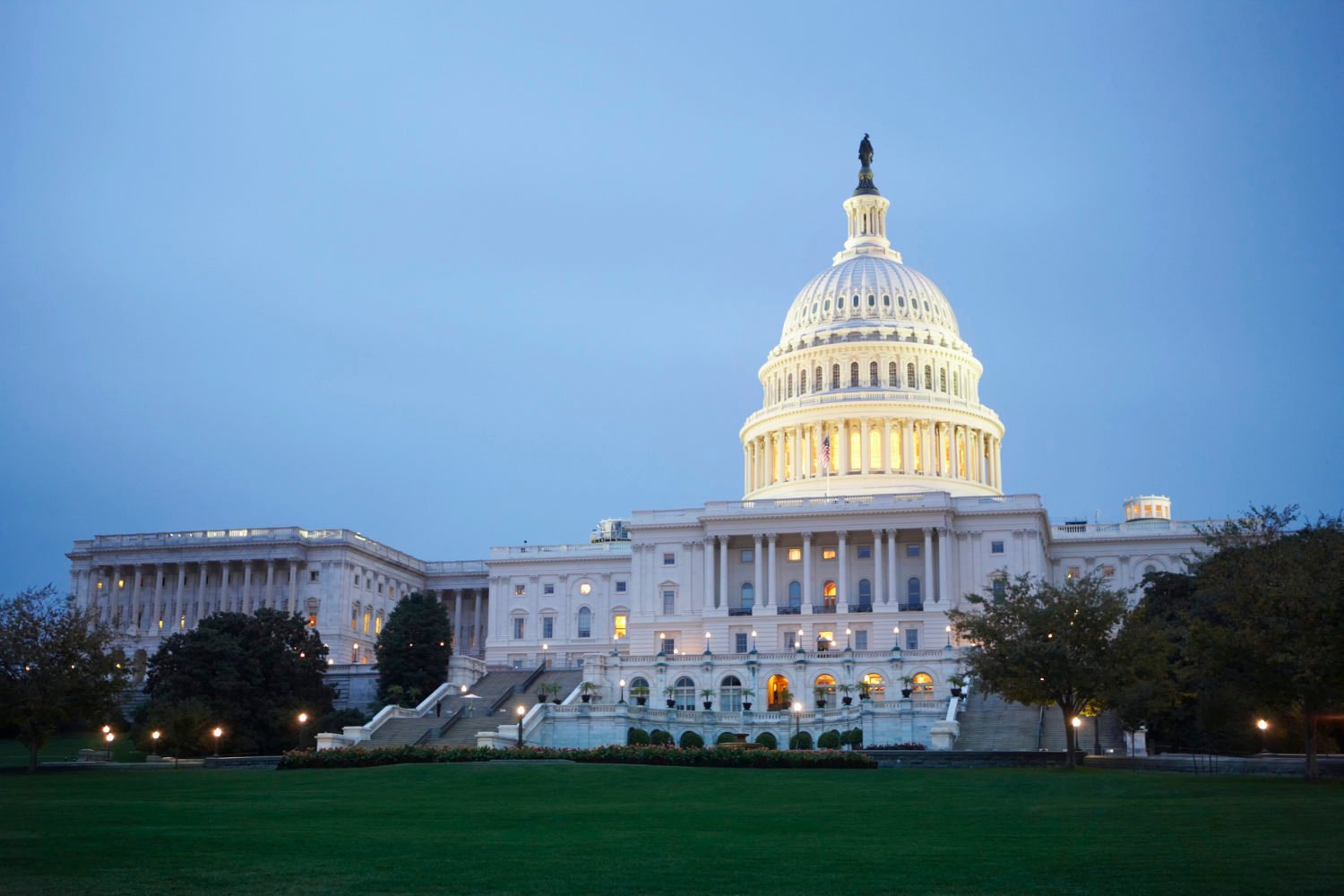This summer marks the 50th anniversary of the break-in at the Watergate, and though the burglars couldn’t have known it, they weren’t just altering history: They were changing the English language. After “Watergate” became synonymous with scandal, it didn’t take long for “-gate” to append itself to all manner of other kerfuffles. Decades later, we now have Monicagate, Nipplegate, Deflategate, and on and on. In 2017, there was even an incident involving a livestock enclosure that was dubbed Gategate.
So why has “-gate” endured? “It’s a very useful word segment that can easily slide onto something else and doesn’t make it hard to pronounce the word,” says Merriam-Webster senior editor Emily Brewster. “It’s super-efficient and phonetically is just very handy.”
Though the term has become far more common since the 1990s, it has actually been in use almost since the break-in. It seems to have first shown up in a 1973 issue of the National Lampoon, referring to a fictional Russian scandal as “Volgagate.” But it was New York Times columnist (and former Nixon speechwriter) William Safire who really spread the usage, tapping it to refer to Carter-administration controversies.
While the Washington Post dominated coverage of Watergate itself, “-gate” as a suffix didn’t turn up in the paper until 1977, when a scandal known as Koreagate was making news. T.R. Reid, who was one of the reporters covering the story, recalls employing the phrase without much thought, because the scandal was already being widely called that. “It was an easy way to encapsulate a fairly complicated story,” says Reid, who’s now retired. “Everybody latched onto ‘Koreagate.’ ”
Back then, “-gate” conveyed a certain gravitas, suggesting that the events in question should be taken seriously. Today it’s as likely to refer to Ariana Grande licking a donut (Donutgate) as to a scandal that has actual political consequences (New Jersey’s Bridgegate, say). But though overuse has made it a cliché, it has also implanted the locution even more firmly into our language. “When Richard Nixon is a distant memory and the name is only vaguely familiar,” says Brewster. “I think ‘-gate’ will live on.”
This article appears in the July 2022 issue of Washingtonian.



















